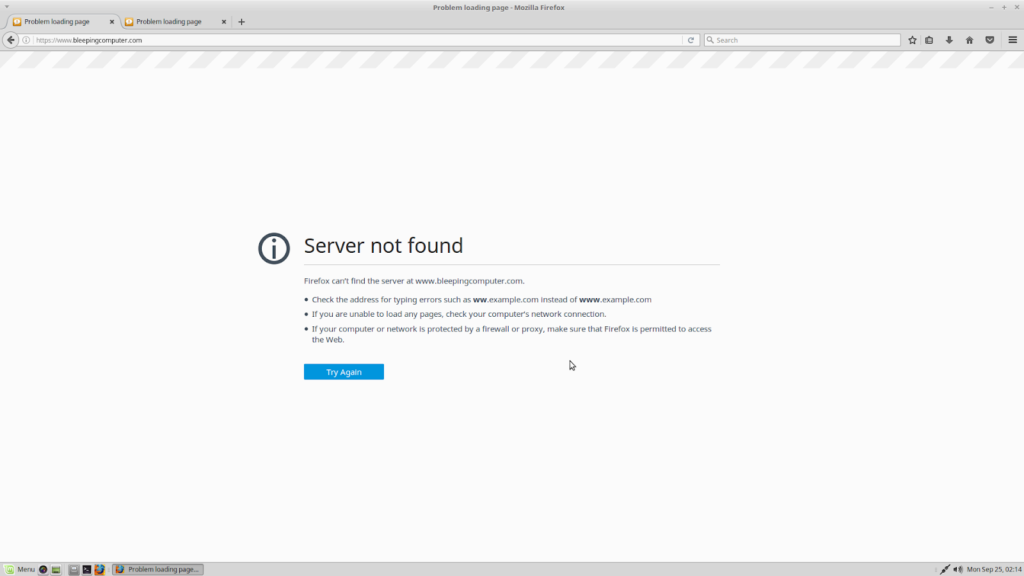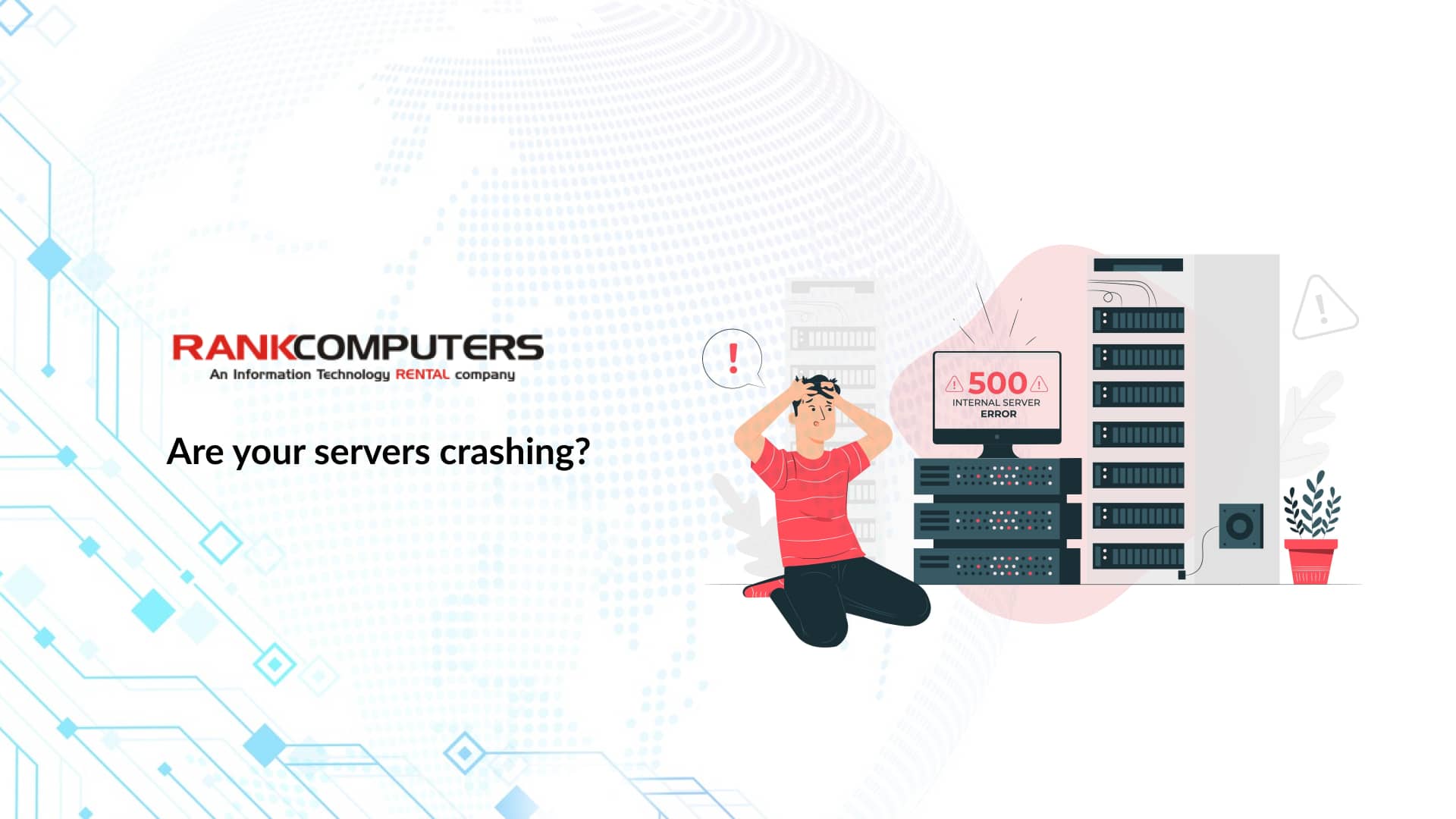Introduction
A server is a device made up of both hardware and software, that provides service to other computer programs or users on the same network. These services may include computing or application solutions on other devices like PCs, smartphones, ATMs, and more. Network servers are made of several components such as CPUs, memory disks, and power supplies, to name a few.
Servers are high-functioning devices and are very reliable. Despite these features, you might experience server crashing at times. You might have noticed how sometimes when we try to make a financial transaction, it does not go through, and we get notified with a message that says “server downtime”. It might even be a minor issue with the server, but the cost of server downtime can be too high.
Until the time the server is up and running again, a company can experience severe loss of data, and it can even give cyber attackers an entry into your system.
‘Why my server keeps crashing?’ you may have wondered. Before we discuss the reasons and implications of server downtime, let us first see what it is.
What is a server crash?
When we talk about a server, it works on a particular architecture – mostly a client-server architecture. A server provides a service to the computer or its user, and when it fails to deliver the service, we term it a ‘server crash’ or ‘server downtime’. As a result, the user that is connected to, or trying to connect to the server, does not get access to it.

You might have, at times, seen a message that said ‘Server not found’ or something similar to this. This indicates the server crashing, or we say that “the server is down”.
Why do servers crash?
Server crashing is a common occurrence that almost every business must deal with. Servers are just hardware devices infused with various software that perform different functions. When a server crashes, the usual reason is that either the hardware or software component of it is damaged. There are also several other reasons behind a server crashing:
Power Failure
This is one of the most common reasons for a server crashing. Servers require a constant adequate power supply to function. Sometimes, unintentionally, the power cable of a server gets disconnected, or it may short circuit due to overheating. This can cause the servers to go down until the cable is connected again.
Network Trouble
Network problems are the most difficult to identify in the case of server downtime. This issue may be from the server side, or even the client side, or even somewhere in between. It may also happen that the ethernet cable of a server is damaged or disconnected.
Without a proper network connection, the data packet cannot be received or delivered, which can cause a server to crash.
System Overload
At times, if a website, connected to a particular server, experiences unexpected traffic, it results in a system overload. As a result of this, the server stops responding and does not accept further requests from the client. This either leads to the server slowing down or shutting down completely.
Hardware Problems
Before Googling “why my server keeps crashing”, the first thing to check after a server crash is the hardware. As we discussed before, a server is made up of several hardware components. One of those components is a hard disk. While most of the other hardware parts do not cause server crashes, it cannot be predicted when a hard disk might stop working. This is a big cause of server crashes.
Overheating
Server rooms are often kept in locked rooms so that dust particles do not enter the system. However, if the server room is not properly ventilated, or the servers are exposed to high temperatures, the likelihood of the servers overheating increases immensely. Overheating may cause server functions to cease, and even short circuits.
Virus Attacks
Malicious actors release viruses and spam bots regularly via the internet, trying to find vulnerabilities that they can exploit. If these viruses manage to enter websites, it can result in the server crashing.
What are the implications of a crash?
When a server goes down, it may cause problems in the services it supports. Since the server supports a large number of users, the impact of a crash may cause major inconveniences for a lot of people and organizations.
Since Black Friday recently went by, let’s see what happened on Black Friday two years ago.
Black Friday sales are the biggest spending days of the year for retailers. In 2020, the Black Friday sale brought in around $7.2 billion – most of it through online sales. Most retail websites are often not ready to support the traffic these sales bring in. This caused a crash on the servers of prominent brands like Costco and Nordstrom Rack.
The losses that Costco had to bear, because of its server being down for around 17 hours, were close to $11 million. That is a lot of money!
Not only does a server crash cause a loss of money, but it can also lead to a loss of data. Apart from that, if a server supporting a financial system crashes, it can hamper tens of millions of transactions per second, and the loss would be incalculable.
Conclusion
We are surrounded by technology that is reliant on servers. We hear of server crashes every day and even experience some with the applications we use every day, like WhatsApp, Instagram, and more. While some aspects of a server crash are unavoidable, others can be prevented just by adding some preventive measures. These measures do not necessarily fend off a server crash, but can very well minimize the risks related to it.
The factors that cause a server to crash might be happening one at a time, or all at once, but the implications of those are far too severe for any organization or individual to bear.
If you’re in need of reliable and high-performing network servers, renting may be an option worth considering. Renting network servers allows you to access the latest hardware and software without the significant upfront investment required for purchasing and maintaining your own equipment.
Contact us today to discuss your network server needs. We can offer a tailored quote to meet your requirements.



